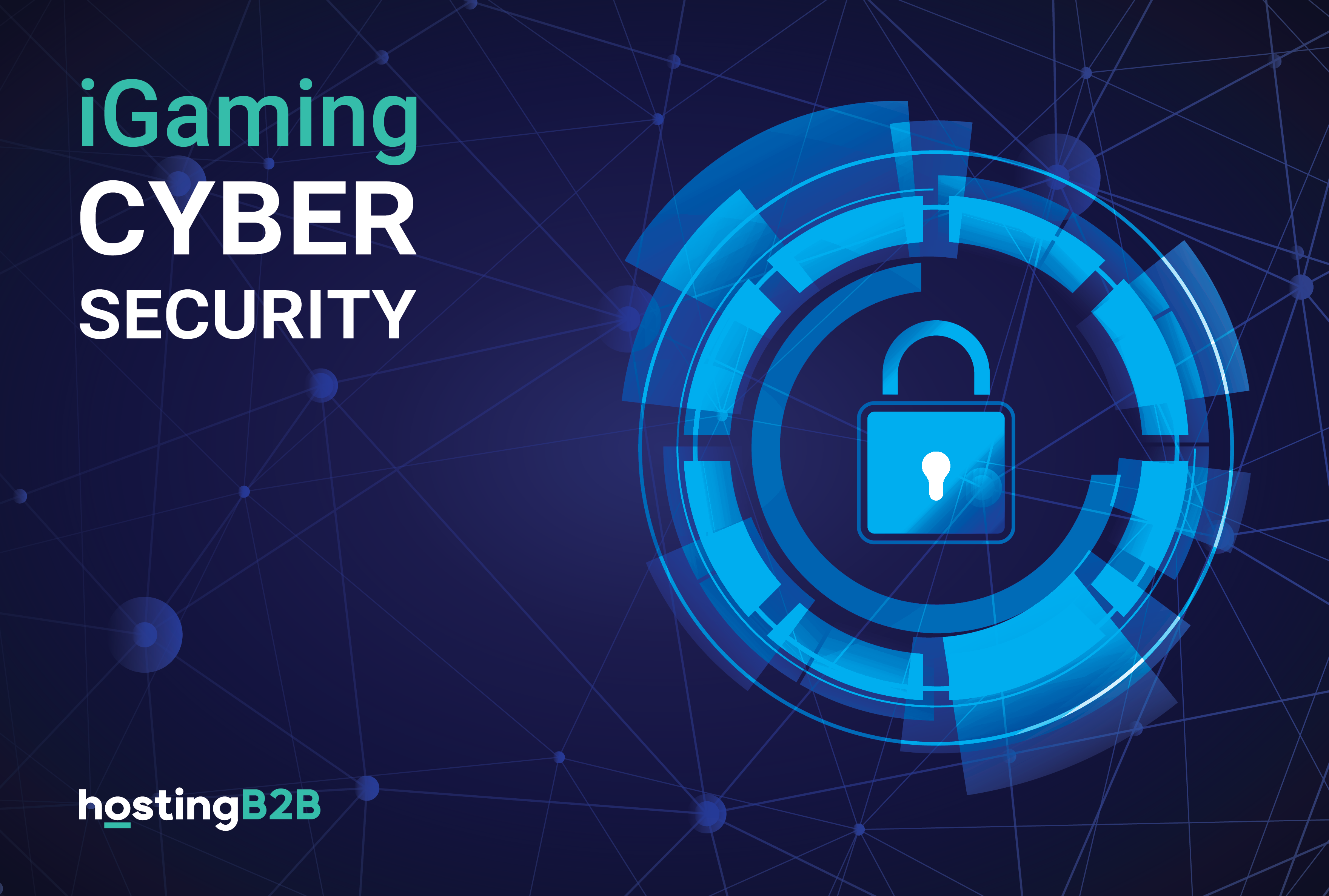
Table of Contents
ToggleThe High Stakes of iGaming
iGaming is a multi-billion-dollar industry, with millions of users worldwide engaging in online gaming and betting activities daily. The high volume of financial transactions and the sensitive nature of the data involved make iGaming platforms attractive targets for cybercriminals. A security breach can result in significant financial losses, legal repercussions, and irreparable damage to the brand’s reputation. Therefore, implementing robust cyber security measures is imperative to safeguard the business and its users.
Protecting Sensitive Data
iGaming platforms collect and store a vast amount of sensitive data, including users’ personal details, payment information, and betting histories. This data is highly valuable to cybercriminals who can use it for identity theft, financial fraud, and other malicious activities. Implementing strong cyber security measures, such as encryption, secure socket layer (SSL) certificates, and two-factor authentication, helps protect this sensitive information from unauthorized access and breaches.
Ensuring Fair Play and Integrity
The success of an iGaming platform hinges on its credibility and the trust of its users. Any indication of tampering or unfair play can lead to a loss of trust and a decline in user base. Cyber security measures, such as secure coding practices, regular security audits, and intrusion detection systems, help ensure the integrity of the platform. These measures prevent tampering with game outcomes and ensure that all gaming activities are fair and transparent.
Compliance with Regulations
The iGaming industry is heavily regulated, with strict laws and standards governing data protection, fair play, and financial transactions. Compliance with these regulations is not optional; it is mandatory. Cyber security measures play a crucial role in ensuring compliance with industry standards and legal requirements. Regular security assessments, adherence to data protection laws, and implementation of robust security protocols are necessary to meet regulatory obligations and avoid hefty fines and legal penalties.
Mitigating Financial Risks
A successful cyber attack can have devastating financial consequences for an iGaming platform. Beyond the immediate costs of the breach itself, which can include fines, legal fees, and compensation to affected users, there are also long-term financial implications. These can include loss of business due to damaged reputation, increased insurance premiums, and the cost of implementing additional security measures post-breach. Investing in robust cyber security measures is a proactive approach to mitigating these financial risks and protecting the platform’s bottom line.
Preventing Distributed Denial of Service (DDoS) Attacks
DDoS attacks are a common threat to iGaming platforms, where attackers overwhelm the server with traffic, causing the site to slow down or crash. This not only disrupts the user experience but can also result in significant revenue loss. Implementing advanced cyber security measures, such as traffic filtering, rate limiting, and DDoS mitigation services, helps protect the platform from these attacks and ensures continuous availability and performance.
Building User Trust and Loyalty
In the highly competitive iGaming industry, user trust and loyalty are invaluable assets. Users are more likely to engage with and remain loyal to platforms that they trust to protect their personal and financial information. Transparent communication about the platform’s security measures, along with visible security features such as SSL certificates and secure payment gateways, helps build and maintain user trust. A reputation for robust security can be a significant differentiator in the market, attracting and retaining a loyal user base.
Case Study: The Consequences of Poor Security
Several high-profile breaches in the iGaming industry have highlighted the severe consequences of inadequate cyber security. For instance, the 2015 attack on the online casino Winamax resulted in the exposure of sensitive user data and significant financial loss. The breach not only caused immediate financial damage but also led to a loss of user trust and a decline in the platform’s user base. Such incidents underscore the importance of investing in comprehensive cyber security measures to protect the platform and its users.
Best Practices for iGaming Cyber Security
To effectively safeguard an iGaming platform, it is essential to implement a multi-layered approach to cyber security. Here are some best practices:
- Regular Security Audits: Conduct regular security audits and vulnerability assessments to identify and address potential weaknesses in the system.
- Data Encryption: Use strong encryption protocols to protect sensitive data both in transit and at rest.
- Secure Coding Practices: Implement secure coding practices to prevent common vulnerabilities such as SQL injection and cross-site scripting (XSS).
- Intrusion Detection Systems: Deploy intrusion detection and prevention systems to monitor and block suspicious activities.
- User Authentication: Implement strong user authentication methods, including two-factor authentication and biometric verification.
- Employee Training: Regularly train employees on the latest cyber security threats and best practices to ensure they are aware and vigilant.
- Incident Response Plan: Develop and maintain a comprehensive incident response plan to quickly and effectively respond to security breaches.
- SSL Certificates: Ensure that all data transmitted between users and the server is encrypted and secure by using SSL certificates.
- Firewall Implementation: Use firewalls to monitor and control incoming and outgoing traffic, preventing unauthorized access and protecting against malicious attacks. This can be found as an add-on when you order a dedicated server
- Regular Backups: Perform regular backups to ensure data can be restored quickly in the event of a security breach or data loss.
Conclusion
To conclude, everything is all about iGaming hosting cyber security. In the dynamic and highly competitive world of iGaming, robust cyber security is crucial for business success. Protecting sensitive data, ensuring fair play, and maintaining regulatory compliance are key components of security measures. Building user trust hinges on the effective implementation of comprehensive security protocols across all iGaming platforms. By investing in best practices, iGaming platforms can safeguard their operations and protect users in a rapidly evolving digital landscape.
Enhancing Security with Two-Factor Authentication
To further strengthen your platform’s security, implementing two-factor authentication (2FA) is a critical step in protecting sensitive data. By requiring an additional layer of verification, 2FA significantly reduces the risk of unauthorized access to your systems. Learn more about the importance of this security measure in our article, Two-factor Authentication in Cyber Protection for Businesses, and how it can enhance your overall cyber protection strategy.”
Related Posts
-
Overview of iGaming Compliance Requirements (MGA, Curaçao, Cyprus NBA) September 12, 2025







